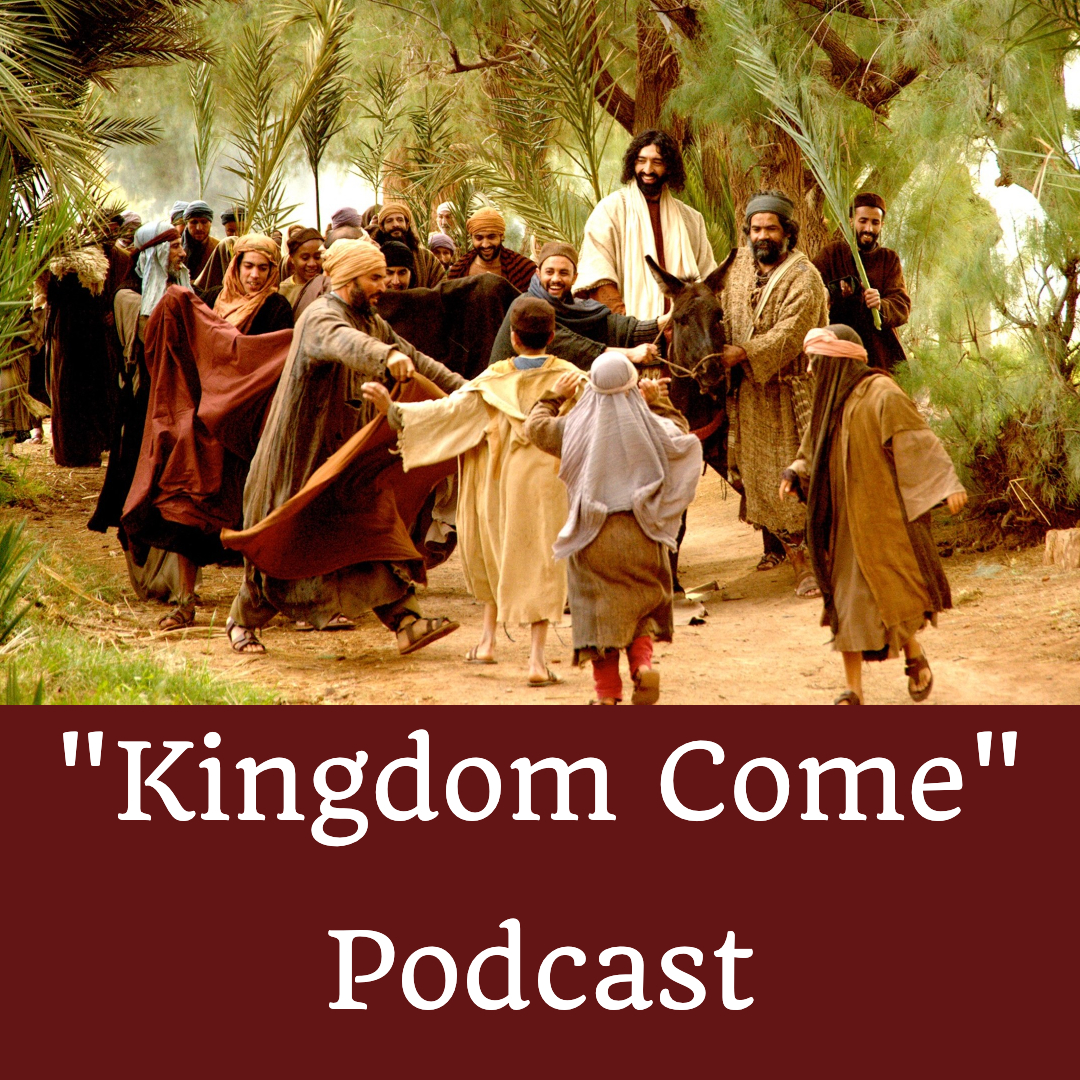
A sermon for the Watford church of Christ
- Lydia, 16.13-15, 40
A. Lydia’s Background
Geography – Lydia’s origins
Murex
10,000 snails = 1.4g dye
1 piece of clothing
Restricted who and where could be worn
Philippian river
B. What do we know about Lydia? 16.13-15, 40
C. Why is Lydia named?
Only one in Acts 16
Phil 4.2-3: “I plead with Euodia and I plead with Syntyche to be of the same mind in the Lord. Yes, and I ask you, my true companion, help these women since they have contended at my side in the cause of the gospel, along with Clement and the rest of my co-workers, whose names are in the book of life.”
‘Rather should the words of the Torah be burned than entrusted to a woman. Whoever teaches his daughter the Torah is like one who teaches her lasciviousness.’ First century Rabbi, Eliezer
Philippian church — Female Foundation
Paul not disappointed he did not find a man – did not see it as a lesser option
Book of Philippians indicates a thriving congregation exists and was not harmed by female foundation and leadership
Female Leadership – Household customs
‘When Christians met in the home of a female householder, where they would gather in the atrium, the semipublic area where business was regularly carried on, the householder would naturally serve as the leader of the house church. That is, by the very sociology of things, it would never have occurred to them that a person from outside the household would come in and lead what was understood as simply an extension of the household. To put it plainly, the church is not likely to gather in a person’s house unless the householder also functioned as its natural leader. Thus Lydia would have held the same role in the church in her house as she did as master of the household.’
“From women disciples like Mary Magdalene and Joanna the wife of Chuza, who traveled with Jesus and learned from him…to ministry couples like Priscilla and Aquila in which the wife took the foremost role, to Lydia of Philippi who led a house church, diakonoi like Phoebe of Cenchreae, coworkers like Euodia and Syntyche, and even apostles like Junia imprisoned for her ministry work—women in the early church led with the approval and support of men around them.” Tell her story, Nijay K Gupta
- What are the lessons for us?
A. God defies human expectations
B. God brings people to the baptistry
C. Watford
Has the Lord called you?
Has the Lord opened your heart?
Conclusion
Lord’s Supper
“…don’t you know that all of us who were baptised into Christ Jesus were baptised into his death? We were therefore buried with him through baptism into death in order that, just as Christ was raised from the dead through the glory of the Father, we too may live a new life. For if we have been united with him in a death like his, we will certainly also be united with him in a resurrection like his. For we know that our old self was crucified with him so that the body ruled by sin might be done away with, that we should no longer be slaves to sin— because anyone who has died has been set free from sin. Now if we died with Christ, we believe that we will also live with him. For we know that since Christ was raised from the dead, he cannot die again; death no longer has mastery over him. The death he died, he died to sin once for all; but the life he lives, he lives to God.” Romans 6:1-10
Please add your comments on this week’s topic. We learn best when we learn in community.
Do you have a question about teaching the Bible? Is it theological, technical, practical? Send me your questions or suggestions. Here’s the email: malcolm@malcolmcox.org.
If you’d like a copy of my free eBook on spiritual disciplines, “How God grows His people”, sign up at my website: http://www.malcolmcox.org.
Please pass the link on, subscribe, leave a review.
“Worship the LORD with gladness; come before him with joyful songs.” (Psalms 100:2 NIV11)
God bless, Malcolm



